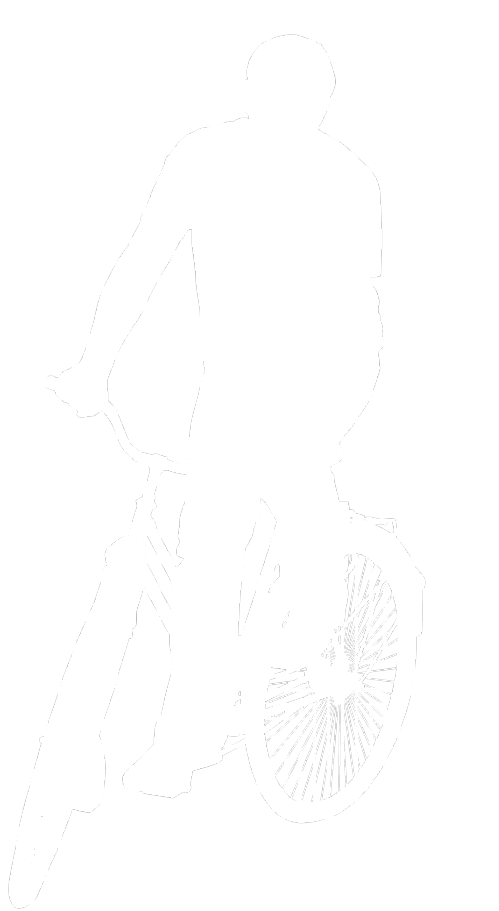Sponsors & Supporters
|
|||||||||||||||
|
|
|
|
|||||||||||||
Landor LINKS: professional networkersLandor LINKS' team delivers authoritative information, news and analysis across the transport and urban sectors. Our core expertise and excellent relationships are rooted in more than 25 years' experience as sector-leading publishers, communicators, event specialists, marketeers and professional networkers. We connect with local, regional and central government, universities and research bodies, suppliers, consultants, contractors, industry groups and service providers across the UK, Europe and internationally. We bring together experts from an ever-increasing range of backgrounds and skillsets to forge new partnerships and foster unprecedented types of collaboration. |
Department for TransportWe work with our agencies and partners to support the transport network that helps the UK’s businesses and gets people and goods travelling around the country. We plan and invest in transport infrastructure to keep the UK on the move. |
Transport for Greater ManchesterTransport for Greater Manchester (TfGM) is the local government body responsible for delivering Greater Manchester’s transport strategy and commitments. More than 5.6 million journeys are made across Greater Manchester’s transport network each day. It’s our job to do everything we can to keep the city-region moving and growing. We’re working hard to make travel easier through a better connected Greater Manchester. We put the customer first in everything we do to help make travel as safe and simple as possible. |
|||||||||||||
|
|
|
|||||||||||||
nextbikenextbike began in 2004 with 20 bikes in Leipzig, Germany and are now the leading producers and operators of bike sharing systems around the world. With over 40,000 bikes and presence in over 120 cities across 23 countries, no other public bike sharing system, can provide a larger international network of rental bikes. With the experience and know how, we have supported hundreds of cities and organisations in planning bike share systems, which are tailor made to meet their needs in a cost-effective way. In our 4-year presence in the UK market, we've launched 8 successful schemes and operate over 2,000 bicycles, with many more in the pipeline, As of March 2017, we have recorded over 400,000 rentals since the launch of our first scheme in Bath in June 2014. In October 2016, nextbike partnered with Co-Bikes, and Exeter saw the launch of the first ever 24-hour electric bike share scheme in the UK. nextbike has a proven track record in delivering high profile schemes in partnership with blue-chip brands including Coca-Cola and Santander Personal Banking. This, combined with more than a decade of expertise across borders, enables us to position these companies as ecologically clean and sustainable. The nextbike network is growing faster than ever and we are always looking for new cities to work in. If you'd like to see nextbike in your city, please get in touch with us |
ArupIn an ever urbanising world, the social benefits of increased cycling are well established. From personal fitness to reduced pressure on mass transit networks, cycling has many net positives. But often city policies fail to support widespread use of bicycles. I believe we can change this by focusing on latent demand and the barriers to cycling that people cite. A report from the London School of Economics has defined the latent demand for cycling as being those consumers with a desire to get into cycling which they’ve thus far been unable to satisfy. Sport England’s Active People survey in 2009/2010 identified 2,215,700 ‘latent’ cyclists in England – a growth of 6.6% in two years. Recent successes in cycling in the 2012 and 2016 Olympics are further expected to increase latent demand for cycling. Safety remains a major barrier. Research from Portland, USA, classifies four types of cyclist: the ‘strong and fearless’ who cycle everywhere and anywhere; the ‘enthused and confident’ who cycle but only on roads where they feel relatively safe; the ‘interested but concerned’ who would like to cycle but are put off by road conditions; and the ‘no way, no how’ group, who simply do not want to cycle at all. The latent demand for cycling is considerable, 60% of people identifying as ‘interested but concerned’. Mass cycling is possible but we must listen to the concerns of this group and design our cities and streets to accommodate them. We can draw many lessons from countries like the Netherlands, where half of all trips made are by bike, a reflection of the high quality infrastructure provided by their ‘Sustainable Safety’ approach to road design. Years of supportive policy making have led to widespread confidence in and adoption of cycling. Indeed, according to Dr Rachel Aldred, Reader in Transport at the University of Westminster, research shows that Dutch women of 80 are 80 times more likely to cycle than their British counterparts. To enable cycling, London has moved beyond simply painting blue cycle lanes on busy roads to creating fully segregated cycle superhighways. Today nearly as many trips are made each day in London by cycle as by passengers on Dockland Light Railway and Overground trains added together. Physical infrastructure isn’t the only consideration however. Adapting cities to cope with increased and safer cycling requires thoughtful planning around local community needs, the business agenda and many other factors. For this reason community-wide liaison is vital, taking the time to hear from all stakeholders can mitigate issues while building ground-up support for cycling. |
||||||||||||||
|
|
|
|
|||||||||||||
|
|
|
|
|||||||||||||
|
|||||

Supported by:
Hosted by:


University Place, Manchester
28-29 June 2018

Organised by:
Sponsored by:








